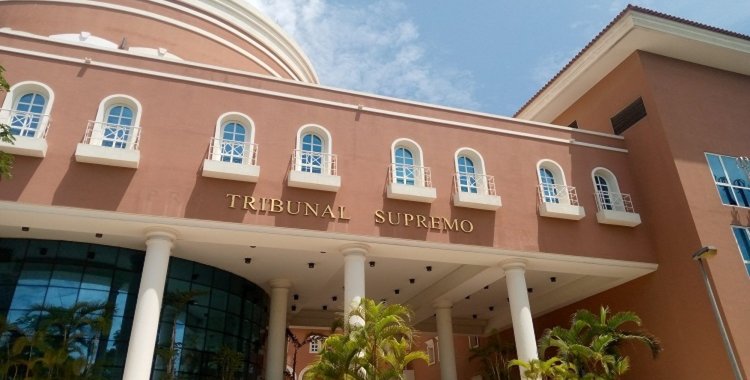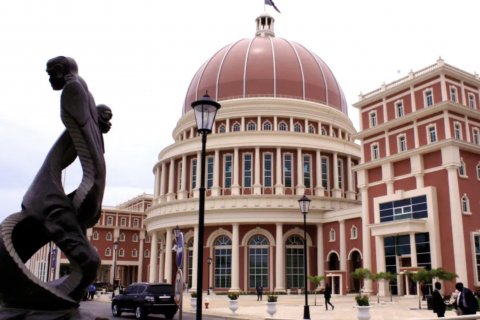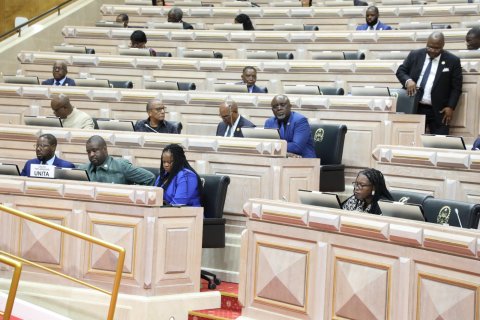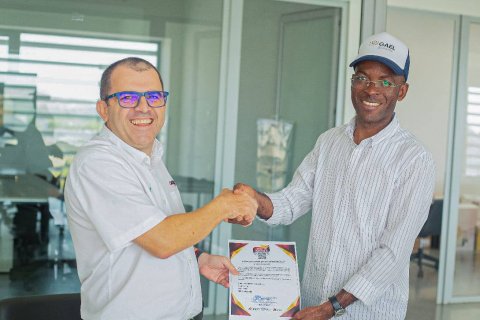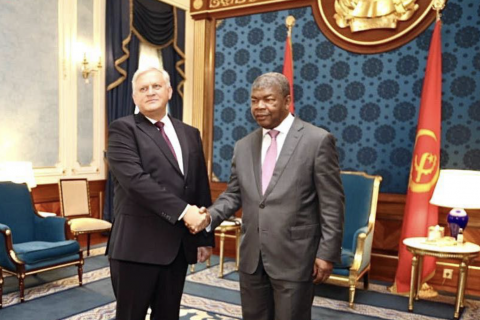Orlando Fernandes opened the specialized public consultation on the proposed Code of Civil Procedure, held for magistrates, followed on Tuesday for lawyers, until the next 30 days.
The Civil Procedure Code currently in force was approved by Decree-Law No. 44.129, of December 28, 1961, and was later amended in 1967, with the almost exclusive purpose of enshrining the innovations and changes introduced by the Civil Code , 1966.
According to Orlando Fernandes, the current diploma was extended to Angola, then Portuguese overseas province, with slight alterations in 1962, however, revoked in 1967, which was later amended in 1970.
"It is, therefore, a diploma that turns 60 this year. This is not taking into account the fact that most of the discipline of the 1961 Code goes back to the 1939 Code of Civil Procedure, which had in Alberto dos Reis its main artificer. After all, we would be talking about 82 years", he stressed.
The current stage of society and modern trends in Law, the Secretary of State for Justice continued, "provide towards the reform of the Code of Civil Procedure".
"We have to adjust it to the constitutional precepts in force, as well as to the dynamics of the 21st century", he stressed.
The proposal in public consultation is the result of three commissions for the Reform of Justice and Law, which "set the defining lines of a process model that guarantees the certainty and security of the Law, which affirms the freedom and autonomy of the parties and that it makes material truth prevail over formal ones," said Orlando Fernandes.
The text that is submitted to the reflection of the participants of this event seeks to simplify the heavy formalism underlying the civil procedure and tries to give concreteness to the so desired speed and procedural economy, aiming, in the final 'ratio', the decongestion of the courts and the guarantee of jurisdictional protection of citizens", he stressed.
Orlando Fernandes listed some of the proposed innovations, namely the option to review only two forms of common process, that is, the ordinary and summary form, the consecration of only two ordinary resources - the appeal and the magazine -, which no longer exist the distinction between the appeal and the grievance.
Another innovation is also the provision of the appeal to standardize the jurisprudence and the review appeal, in the context of extraordinary appeals, the lesser judicialization of the process in the pleadings phase, favoring the intervention of the judge at the end of that phase, through the preparation of the order preliminary injunction, which seeks to remedy all irregularities and vices that hinder knowledge of the merits of the case.
The proposal favors the electronic processing of procedural acts, which will mean "the moment of computerization of the courts", said Orlando Fernandes, as well as speed and efficiency of the processes.
"In the final analysis, the reform of the Code of Civil Procedure is not compatible with further delays. To postpone is to persist the gap, which is now evident, between the ankylosed model of justice embodied in ordinary legislation and what has long been demanded by the Constitution ", said the ruler.
In turn Carlos Feijó, member of the Commission for the Reform of Justice and Law, said that this public consultation is intended to listen beyond the individual and institutional walls, that is, those who were the material legislators, those who institutionally will operate with the legal instrument.
"So we broaden the discussion, so we will find, sooner or later, a consensus on the legislative solutions that are presented here. I confess that throughout this process of discussion of the Code of Civil Procedure, it was not easy to reach where It has arrived. As it is normal, there are several conceptions, visions, the civil procedural issue is different and to reflect this in a legislative proposal is not always an easy task", he affirmed.
Carlos Feijó underlined that many options included in the proposal "may not be the most consensual, some may even represent advances, setbacks, hence the public consultation, to ultimately produce a report with all the contributions to be submitted to the Reform Commission of Justice and Law", which in turn will present it to the Government.

